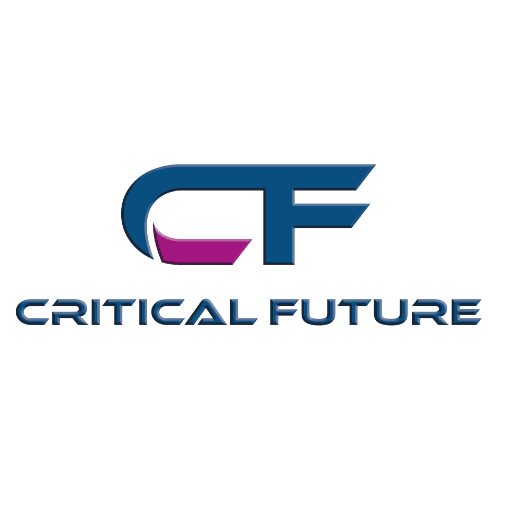The AI Revolution in Everyday Life: From Smart Homes to Autonomous Workplaces
- March 26, 2025
- Posted by: Mai - CF Brand Ambassador
- Category: Daily Blogs
**The Evolution of AI in 2025: Charting New Frontiers in Automation and Intelligence**
The AI Revolution in Everyday Life: From Smart Homes to Autonomous Workplaces
Envision a world where your living environment effortlessly anticipates your needs, where devices communicate seamlessly, and workplaces run autonomously with minimal human intervention. In 2025, this world is unfolding as artificial intelligence becomes increasingly embedded in both our personal and professional lives. The advancements in AI technologies are not just promising efficiencies but are reshaping the way we perceive interaction, privacy, and productivity.
Key Drivers Behind the AI Trend
The march towards AI integration is driven by technological breakthroughs in several key areas: neural networking, natural language processing, and enhanced machine learning algorithms. The ability for machines to process and learn from vast amounts of data in real-time enhances decision-making capabilities in unprecedented ways. Neural network models, now more sophisticated and capable of deep learning, are allowing AI systems to understand and mimic human-like reasoning.
Breakthrough Moment: AI-Powered Multi-Modal Systems
In April 2025, a groundbreaking development was unveiled—the Multimodal AI System (MAS) that demonstrated the ability to process and integrate information from multiple sensory modalities, including visual, auditory, and linguistic data, with remarkable accuracy. These systems are proving crucial in creating AI environments that can interact more naturally with humans, recognizing emotions and adjusting responses accordingly.
Applications Across Industries
The application of these AI advancements spans many industries. In healthcare, multimodal AI systems are revolutionizing patient care by integrating visual, genetic, and biometric data to provide comprehensive healthcare solutions. In education, AI systems are crafting personalized learning experiences by assessing student progress in real-time and adjusting educational resources accordingly.
The Future Implications of AI Advancement
“AI is transitioning from being a tool to becoming a partner in various domains,” explains Dr. Leo Nguyen, a leading expert in AI applications.
The implications of these AI trends reveal a future where human-AI collaboration is the norm, presenting both opportunities and ethical challenges. As AI systems gain greater autonomy, issues of accountability and privacy rise in importance. The capability of AI to mimic human characteristics raises questions about the balance of control between humans and machines.
What This Means For Our Future
As AI continues its trajectory of rapid development, the pressing question remains: How will humanity balance this powerful technology with ethical governance to ensure it benefits society as a whole?
